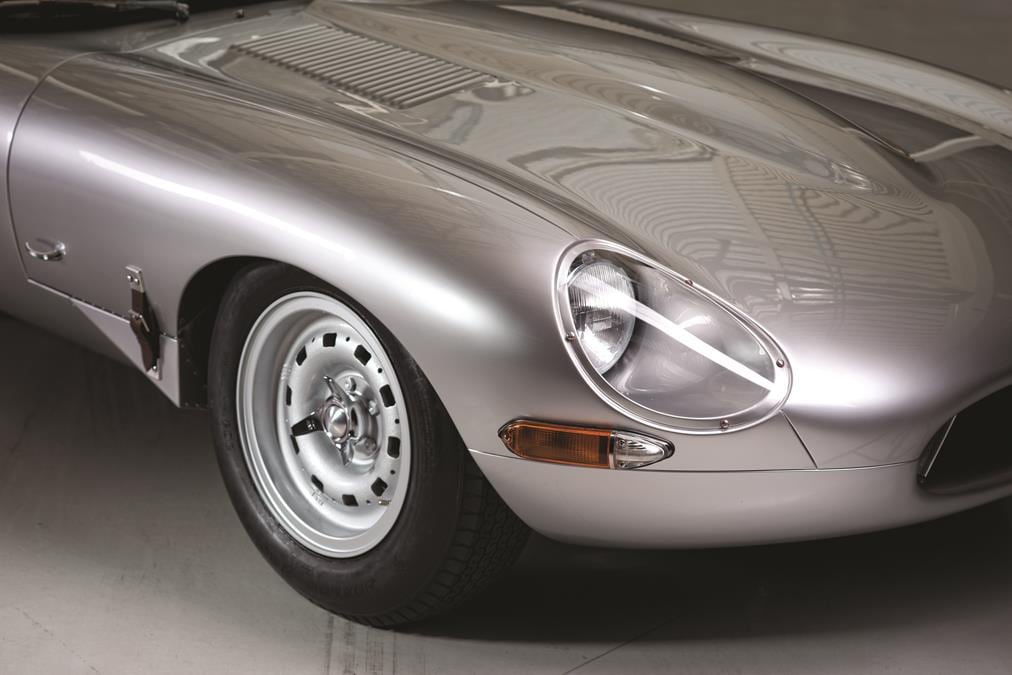Ever wondered what the secret is to buying cars at auto auctions? Well I’ve compiled these tips to help you. These tips will be useful if you decide to go to one of the big collector car auctions, like Mecum or Barrett-Jackson, or even a local police or county auction. These auction environments might be completely different, but the same rules still apply.
Set a Maximum Price, Stick with It
For those that have ever attended auto auctions I’m sure you’ve seen just how wildly car prices can vary. One car that looks like a piece of junk sells for a ton of money while another car in great condition doesn’t fetch it’s worth in scrap metal. The world is a crazy place sometimes and auctions can be an ever more puzzling mystery.
Since car prices can fluctuate so much when being auctioned, it’s hard to know what other attendees will pay and bid on a car. If you want to be successful at an auto auction, you MUST set a maximum price when assessing any potential vehicle purchase and stick with it. No, if, ands, or buts here. Figure out a reasonable price and do not deviate it from it.
Don’t Let Emotions Control You
Remember the auction process is designed to make you loose control of your emotions and pay more for something than you normally would. This is why auctions are such a great tool at seller’s disposal, but it is not really ideal for the buyer.
Try to think past your emotions and make sure to treat purchasing any car at auction like a business decision, even if it’s not. If your mindset isn’t about your emotional attachment to cars you’ll bid smarter.
Like I said above you need to set a price and stick with it. This way it’s harder for you to let emotions control a monetary decision. If you let feelings control yourself at an auto auction you could find yourself in a bidding war and drastically overpay for a jalopy. Just go searching and you can read horror stories. Believe me people, I’ve heard plenty firsthand accounts.
Know What Cars are Hot Sellers
Certain brands or models will naturally be hot sellers at some auctions. For instance if you ever go to police, county, or private towing company auctions the cars that get the most bids and sell for the most money are Toyota and Honda sedans. Even if the cars are in bad shape, they still still sell for a good money since Japanese automakers build reliable and durable cars. People want these so there is demand, making the prices go up. Most of the time it’s because people loose control of their emotions and don’t see past the “Honda” and “Toyota” logos and emblems.
At large collector car auctions often times older muscle cars will be the hot sellers. People show up to these collector auctions with the intent to buy one because they used to own a specific car or always wanted on. If you showed up with a Honda Accord that’s in mint condition it might sell, but that’s not what people are looking for.
It really varies though depending on the speciality of the auction company and the environment. Sometimes there will be old British sports cars that are being sold and only a few American or Italian collector cars. Other times it could be the reverse since auction inventory is much different than stocking a store shelves.
If you want a good deal figure out what models and makes are not likely to sell for much money, or at all, and bid on these cars. If you do this you will definitely find great car deals at auctions.
There are Always Other Cars
If you get outbid on a particular car just remember there are always other cars that will become available in the marketplace. It’s always disappointing to miss out on buying a something that you are interested. Just remember that cars are machines. They’ve built other models of the same car even if it’s a collectors edition.
Like I said above keep a set price, don’t let emotions get hold of you, know what cars will sell and won’t and you’ll be a master bidder at your next auto auction.
Editor’s Note: This article is a sponsored post by GumTree South Africa. This means the author was compensated for writing and including a link in the text of the article. The information presented here still reflects the author’s honest opinions and advice.








